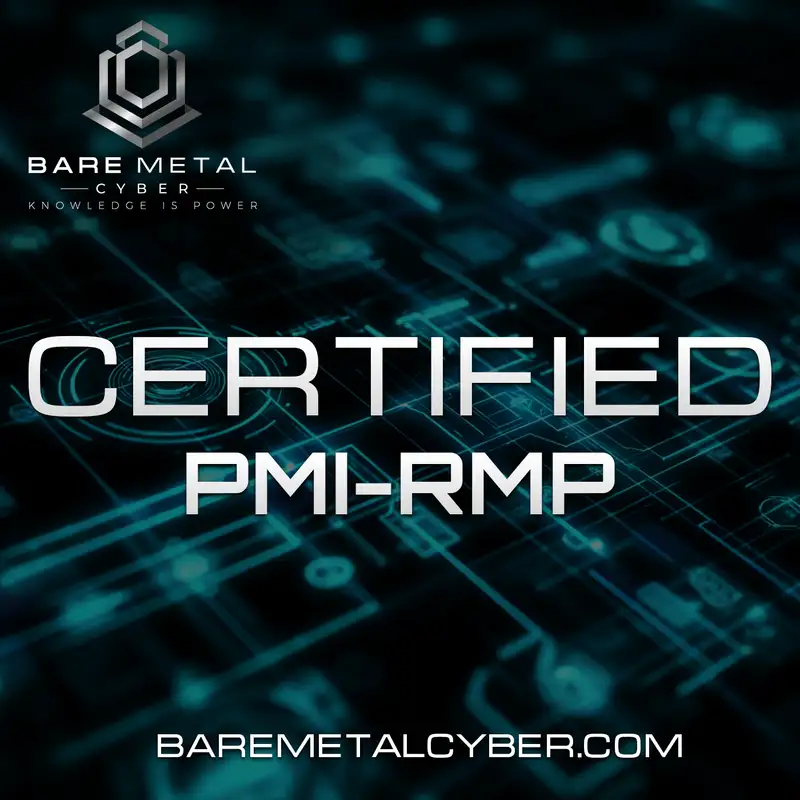Episode 32 — Delphi and Anonymous Elicitation Methods
When objectivity is critical or stakeholders hold strong opinions, anonymity preserves candor. This episode explains the Delphi technique and other anonymous elicitation methods, which use iterative surveys or digital platforms to collect and refine expert judgment. You will learn how anonymity reduces bias, limits groupthink, and surfaces diverse perspectives—key values reflected in PMI-RMP exam scenarios on stakeholder management and expert input. We cover the full cycle: defining the question set, selecting qualified participants, facilitating multiple rounds, and analyzing convergence patterns that reveal consensus or persistent divergence.
We continue with real-world examples, such as using anonymous rounds to estimate probability-impact scores or to prioritize categories for deeper analysis. Best practices include crafting clear, unambiguous prompts, sharing aggregated results to maintain engagement, and setting end criteria so the process concludes with actionable insight. Troubleshooting advice covers participant fatigue, uneven expertise, and data skew from misinterpreted scales. Delphi’s strength lies in evidence-backed consensus without hierarchy pressure—a principle the exam rewards through options that favor structured, repeatable judgment over one-off opinions. Produced by BareMetalCyber.com, where you’ll find more cyber audio courses, books, and information to strengthen your educational path. Also, if you want to stay up to date with the latest news, visit DailyCyber.News for a newsletter you can use, and a daily podcast you can commute with.
